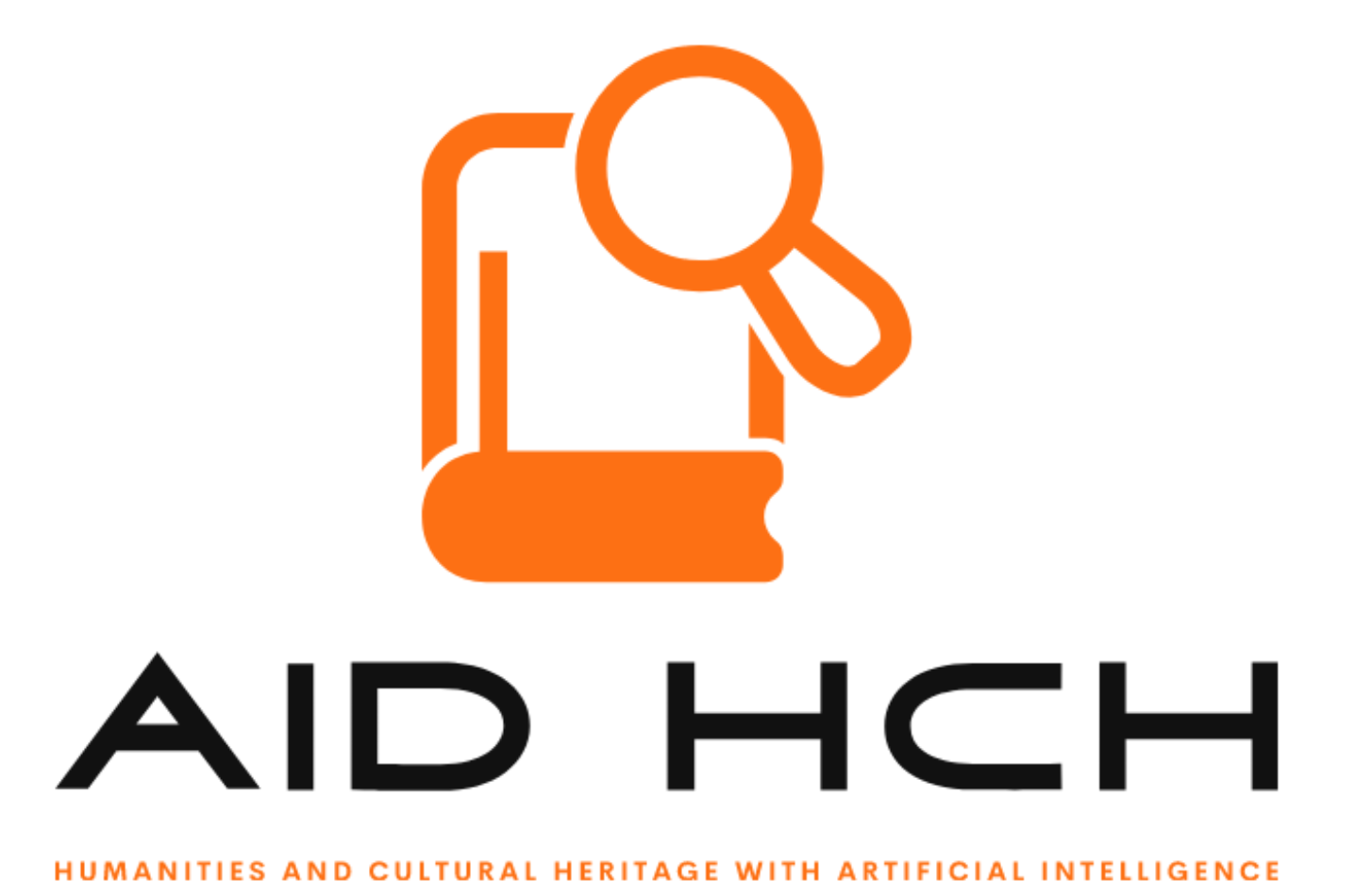
Period: 01.01.2025 – 01.01.2028
Funding SOURCE: ARIS
REFERENCE NR.: AID HCH
PROJECT PROGRAMME: large basic research project
COORDINATORS AND CONTACTS: prof. dr. Gorazd Bajc, prof. dr. Domen Mongus
PROJECT PARTNERS: University of Maribor (Faculty of Arts, Faculty of Electrical Engineering and Computer Science, Faculty of Law, Faculty of Mechanical Engineering), University of Ljubljana (Faculty of Chemistry and Chemical Technology), University of Primorska (Faculty of Humanities), National and University Library of Slovenia, University Library Maribor, Slovenian National Building and Civil Engineering Institute, Institute for the Protection of Cultural Heritage of Slovenia
Project website: https://aidhch.com/
LINKEDIN: /
Break through in humanities and cultural heritage with artificial intelligence
Abstract:
The appropriate understanding of the potential of artificial intelligence (AI) in humanities research and in the preservation of cultural heritage (CH) is the main goal of the project, which also aims to develop methodological and theoretical frameworks, and to define ethical and legal considerations for the most effective and appropriate use of AI in the humanities. The appropriate use of high-tech computing tools significantly contributes to the research of the constantly growing number of digitised sources and data, offering unprecedented opportunities to upgrade research in the humanities and more effectively evaluate and preserve CH. It is of crucial importance to preserve CH in its original form, while at the same time preserving and enhancing European national and social capital. Slovenia is significantly underperforming in this field. It is a demanding, but necessary and for Slovenian conditions a completely new research challenge. This is why researchers from the humanities, heritage science, law and computer science, as well as librarians and heritage experts from various Slovenian universities and public institutions, have joined efforts.
The project proposes an intensive interdisciplinary research programme that holistically addresses the digital transformation of humanities research and CH research by enabling the development of new methodologies based on knowledge discovered through the fusion of large disperse and heterogeneous digital data sources with the aid of AI. This will be achieved within the following specific objectives: (i) to research and develop legal and technical basis for responsible data sharing in humanities and CH research; (ii) to develop new methodological approaches in humanities and CH research with the aid of AI; (iii) to go beyond the state-of-the-art by applying the proposed methodology in use case domains; (iv) to ensure the long-term sustainability of project results and their alignment with the European Collaborative Cloud for Cultural Heritage activities.
The project’s concept focuses on the introduction of first data space, wrapped in a dedicated set tools for enabling responsible data sharing within humanities and CH research. This will be coupled with AI tools for quantitative extraction of metrices from a wide range of data source, including texts, images, 3D models, and sensors in order to present them in time and space. Here, text and image processing tools will allow for rapid analysis of sources for automated extraction of metrices such as word frequencies in historical texts or motifs on the images with contextual assessments, while analytics of 3D models and sensory data will further support assessments and predictions of object restoration as well as their degradations. By presenting such metrices within dedicated applications, with temporal and geospatial analytics capabilities, we aim to provide new perspectives in humanities research for historical discourse analysis, while also aiding development of new narrations, digital storytelling as well as conservation and preservation of artefacts. The project will empower researchers and educators with novel means of building complex networks of knowledge and relations, communicating research results, re-situating cultural objects and texts in their historical and social context and contributing to their better preservation and understanding. The use of dedicated set tools and AI will be demonstrated on three specific cases: (i) research on the history of women in Venezia Giulia during the first half of 20th century and on the history of Slovene (national) identity; (ii) on heritage interpretation and conservation-restoration predictive modelling; (iii) taking into account indoor and outdoor climate data and using them by improving preventive conservation decision-making.

